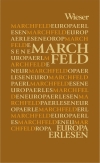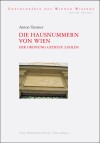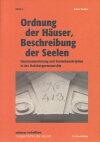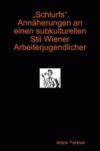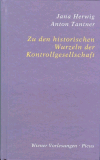Identifikationsnummern in Island
Spannender Artikel:
Watson, Ian: A short history of national identification numbering in Iceland, in: Bifröst Journal of Social Science, 4.2010 (PDF)
Abstract: Iceland created national identification numbers in the early 1950s as part of the process of automating civil registration. Numbers were based on a person's birthdate. In 1959, an additional “name number” for each person was created, based on the position of the person's name in alphabetical order. After Iceland began to issue personal identity cards showing the name number in 1965, the practice of using the name number as a unique personal identifier slowly penetrated through all of society. By the 1980s, the name number space became exhausted, and in 1987-1988 the name number was replaced by the birthdate-based number, rechristened the “kennitala.” Compared to other countries, the kennitala is very widely used, and its status approaches that of an alternative name. As well, the databases that allow conversion between a given person's name and kennitala are publicly accessible. Some individuals and data protection organizations have expressed concerns about the wide use of identification numbers in Iceland, as well as the transparent use of the birthdate in the kennitala. However, others have successfully argued against any major changes, and the system seems to enjoy general acceptance. The Icelandic numbering system is unusual by international standards and the article attempts to bring its history to a larger audience.
Watson, Ian: A short history of national identification numbering in Iceland, in: Bifröst Journal of Social Science, 4.2010 (PDF)
Abstract: Iceland created national identification numbers in the early 1950s as part of the process of automating civil registration. Numbers were based on a person's birthdate. In 1959, an additional “name number” for each person was created, based on the position of the person's name in alphabetical order. After Iceland began to issue personal identity cards showing the name number in 1965, the practice of using the name number as a unique personal identifier slowly penetrated through all of society. By the 1980s, the name number space became exhausted, and in 1987-1988 the name number was replaced by the birthdate-based number, rechristened the “kennitala.” Compared to other countries, the kennitala is very widely used, and its status approaches that of an alternative name. As well, the databases that allow conversion between a given person's name and kennitala are publicly accessible. Some individuals and data protection organizations have expressed concerns about the wide use of identification numbers in Iceland, as well as the transparent use of the birthdate in the kennitala. However, others have successfully argued against any major changes, and the system seems to enjoy general acceptance. The Icelandic numbering system is unusual by international standards and the article attempts to bring its history to a larger audience.
adresscomptoir -
Nummerierung - Mi, 13. Okt. 2010, 20:46
